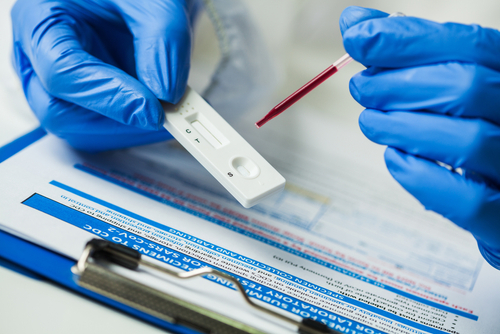
The lack of a cohesive national plan for dealing with COVID-19 was once more brought to the fore last week with the release of a report from the Johns Hopkins Center for Health Security, which laid out a series of recommendations surrounding antibody studies.
These antibody studies — or serosurveys — have, according to “Developing a National Strategy for SARS-CoV-2 Serosurveys in the United States,” faced a potential for misuse. Because of this, the authors argued that antibody tests should not be used to justify individual decision making, such as deciding not to social distance any longer. Uncertainties about antibodies and immunity to SARS-CoV-2 — the virus that causes COVID-19 — remain, and the United States still needs to reckon with that fact.
More than 2.1 million people have been infected with COVID-19 in the U.S. alone, according to the latest figures from Johns Hopkins. The authors of this report claim that many more unconfirmed infections may exist and stressed the importance of estimating the true prevalence of infection and recovery.
Doing so could lead to a more appropriate allocation of the personal protective equipment that has been a source of much stress and demand throughout the pandemic, better assessment of public health initiatives used to limit virus spread, and the cracking of the true case fatality rate for SARS-CoV-2 infections.
With these possibilities in mind, the authors made several recommendations to increase the value of antibody studies to public health and decision making, which included:
- Establishment of a central repository for serosurveys by the federal government;
- A Centers for Disease Control and Prevention-led effort to perform serosurveys nationwide;
- The release of results from the Food and Drug Administration (FDA), the National Institutes of Health (NIH), the CDC, and the National Cancer Institute (NCI) antibody test validation studies, to counteract high inaccuracy among results reported from manufacturers;
- Encouraging large employers and universities to register their studies to a central repository; and
- Focusing state and local health departments on serial, cross-sectional serosurveys, then longitudinal cohort studies to most cost-effectively obtain information.




